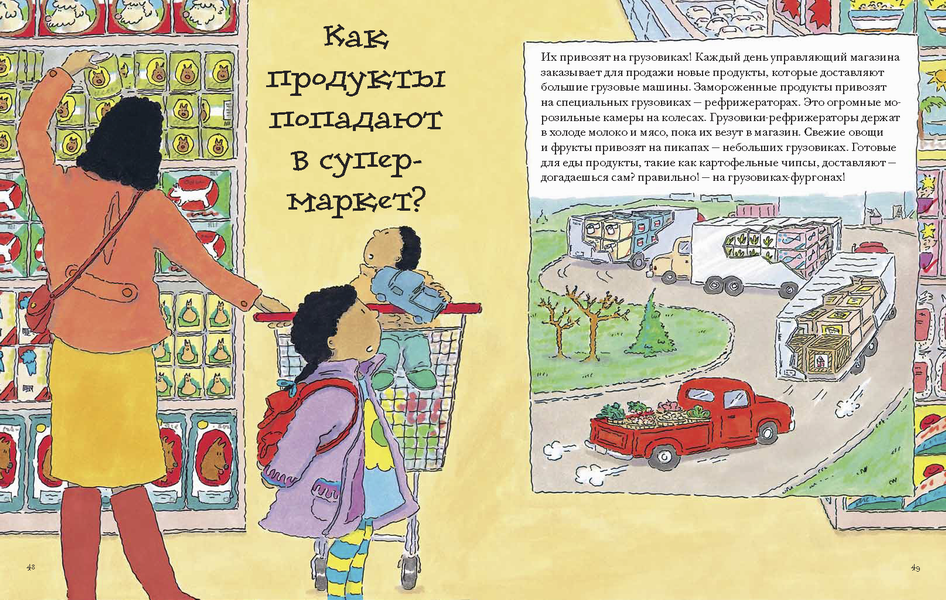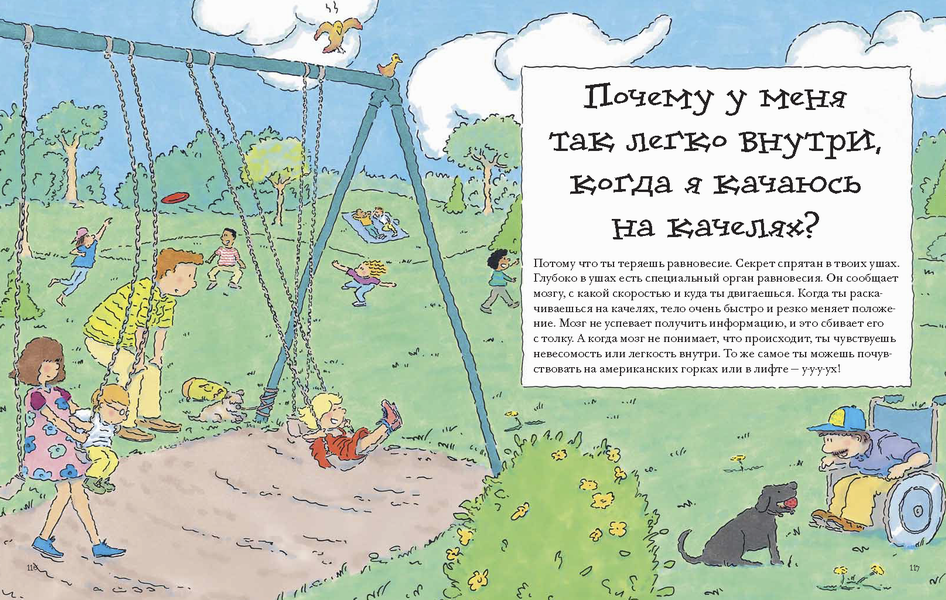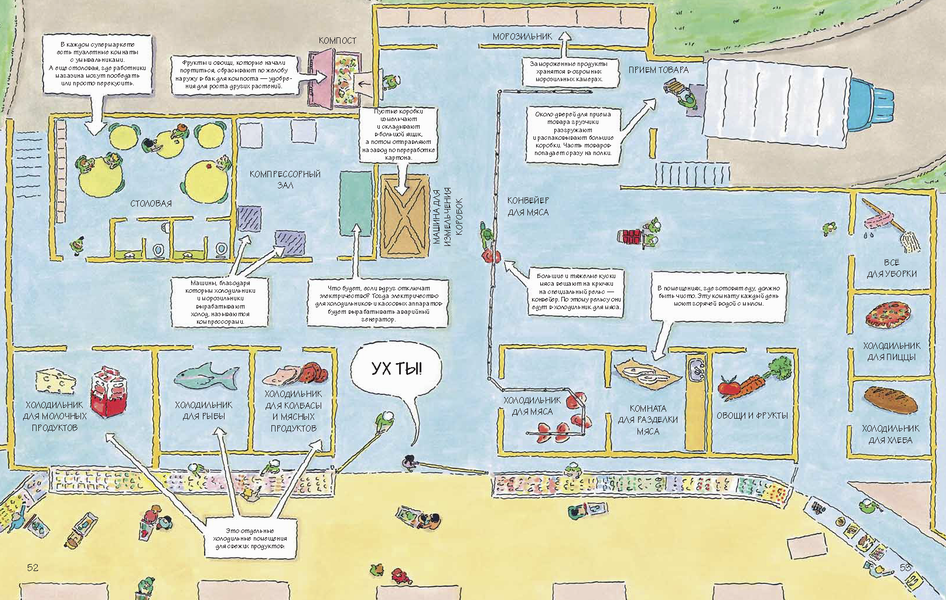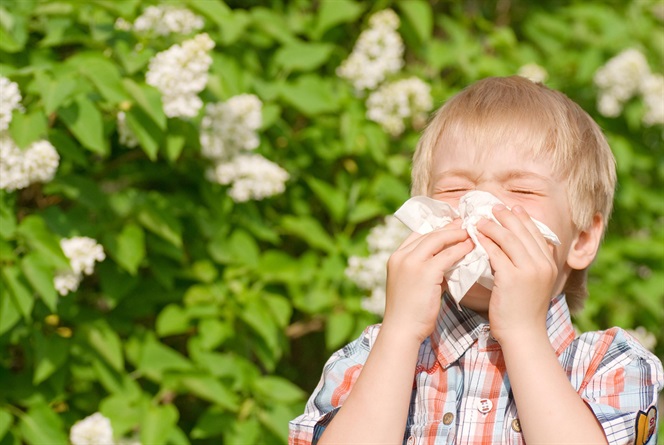“Why is the worm all naked?
Why does the dove coo?
Why is water gurgling under the tap?
Why are hedgehogs covered in thorns?
Why am I Why?
Why am I never silent?
(N. Kostarev)
So the age of “why” has arrived for us. Sometimes children’s questions perplex me, or I don’t have an answer to it, or I don’t immediately figure out how to answer this “why?” in a more accessible way. Yes, all these “what” and “why” are nothing more than a way of understanding the world, and this method is practically the only one for children so far. Later they will learn to use reference books, get information from books, TV shows and the Internet, but for now the main source of information is close people, mom and dad. Now for the child they are smarter and more important than all the scientists and professors combined. And such high trust must be justified! So I started searching the Internet for suitable literature. I chose several publications I liked; the book by the MYTH publishing house “Why?” seemed most suitable for our age. The most interesting children's questions about nature, science and the world around us" by Katherine Ripley.
A little about the author of the book
Catherine Ripley, editor of the popular Canadian children's magazine chickaDEE, spent several years collecting unusual questions from young readers and interviewing children in schools and libraries. The result was an interesting and not at all boring book, which became a global bestseller and received many awards in Canada and the USA. The book "Why?" published on different languages for more than 10 years.
The answers to the questions in the book are divided into several sections: in the bathroom, in the supermarket, before bed, on a walk, in the kitchen, in the village. The questions were chosen to be very interesting, and the answers to the questions were presented in a way that a child could understand.
I liked that the book gives a whole spread for one question, the pictures are large, clear, bright, my daughters couldn’t tear themselves away from the book, we read it often, even more questions “why” appeared after reading, now they want to know even more)) and often themselves They explain everything from this book to each other. I myself found it interesting to read; I learned a lot of new things that were unknown to me. I'm glad that I hit the mark with the book, but I assumed that the children would like it.
“I have six servants,
Agile, daring,
And everything I see around is
I know everything from them.
They are at my sign
Are in need.
Their names are: How and Why,
Who, What, When and Where."
(R. Kipling, translation by S.Ya. Marshak)
Children can read the book independently or together with their parents. Surely among the questions there will be one that torments you with your children: Why do we yawn? Why do cats' eyes glow in the dark? Why do horses sleep standing up? Why do you need to sleep at all? Why is the sky blue?
The quality of the publication itself is excellent, the paper is thick offset, thick cover, high-quality printing, a nice addition - a gold ribbon “lasse”.
At the end of the book there is a spread where you can write down the questions your child asked “as a keepsake.”
I was very pleased with the book, it’s my lifesaver for having little ones, and now it’s a 100% hit with children.
Why should I go to kindergarten? Have you ever seen him? Let's see how you imagine it. Why is sausage called sausage? The sausage is called "sausage" because people agreed to that name. Someone appeared and said “sausage.” Another echoed the concept. From that moment on, both said sausage "sausage". The third heard the concept and also accepted it. Perhaps you want to make up a word? Do you know something that doesn't have a name yet?
Why are some children disabled? Of course, you know from your cool kids who may be slow or have a very hard time writing flawlessly. Some children have trouble concentrating and cannot study for a long time. Then there are children who come into the world with severe brain damage - they may never learn to read or write. There are kids with two legs who don't win competitions because they're pretty unathletic. At the same time, there are very athletic children who later take part in the Olympic Games, although they are in a wheelchair.
All the answers for children who wonder why and their parents in the new book “Why?”
For some reason, we are sure that we know almost everything about the world that surrounds us. But you'll be surprised how wrong you are when you take our new test. And she inspired us to do it new book wonderful Canadian writer Catherine Ripley. Check how well you can handle children's questions.
What does it mean: who is disabled and who is not? Only if we all help each other will we continue. Why do men have nipples? Children who are in the mother's womb are initially no different between boys and girls. Only after eight to ten weeks do the testes form in boys. Now you can see which child is a boy and which child is a girl. The nipples remain, although they don't need boys.
This is not uncommon with sweating. Who knows the answer right away when little darling, for example, wants to know why her hair is gray? Or could you explain why the glue sticks are everywhere, just not in the tube, or if there are hills in the chest? In "Good Question, Next Question," TV presenter Willie Weitzel doesn't answer such questions at all.
I. How does the chick get out of the egg?
- Using an egg tooth, a special tubercle at the end of the beak
- The chick cannot hatch on its own; an adult bird helps it
- The shell bursts on its own when the chick becomes cramped
1. Using an egg tooth, a special tubercle at the end of the beak
II. Why do cats' eyes glow in the dark?
Parents should not iron children's issues
Did your child have questions you couldn't answer? Ask them and other users! Please use our forum or comment at the end of the article. Admittedly, it can sometimes be frustrating for parents to confront their children with questions they don't have the answer to. "Why at grandma's gray hair? "Because she's old." “Why do old people have gray hair?” “Oh, stop now with the stupid question!” When a parent-child conversation follows this pattern, it is not only unsatisfactory and frustrating for the child, but it can also lead to the conclusion that the parents truly believe their questions are stupid and unimportant.
- Cats' eyes have a special element, like a flashlight, that turns on at dusk.
- People just think that cats' eyes glow
- In the depths of cats' eyes there are special cells, like a mirror, that reflect light
3. Deep in the eyes of cats there are special cells, like a mirror, that reflect light.

Children's questions: out of curiosity, knowledge grows
Result: Next time he doesn't even ask but just ends up with his ignorance. If you're not sure, you don't have to try the vocabulary right away. You can also think, along with the counter question "What do you think?", what explanations would be interesting or funny, Arnhold said.
William Weitzel takes children's issues seriously
Additionally, one could consider the best way to find a better answer to the question. Willi Weitzel also knows that children do not want to annoy us with their questions, but simply to satisfy their natural knowledge. Do elephants have pimples on their chest? What happens when a child in a mother's body has to? And how does salt enter the sea when all the fresh water flows into it? Willy Weitzel answers these and many other funny, sometimes curious, but always smart children's questions in his book. We have collected some of them.
III. Why are some eggs brown and others white?
- In fact, everything is brown, and the white ones are specially bleached with bleach
- White hens lay white eggs, and red hens lay brown eggs.
- This depends on the chickens’ diet—free-grazing chickens lay eggs that are more saturated in color.
2. White chickens lay white eggs, and red chickens lay brown eggs.
Baipp: “Good question, next question” by Willi Weitzel and Florian Sailer. Ulstein Publishing House, Berlin. 267 pages; 7.95 euros. You may have encountered some of these somewhat hairy questions, unless of course you have a geeky child. The why phase is at the same time a grace and a parent's nightmare.
The most common questions
Mothers most often suffer from the bombardment of questions. If the number seems scary, that's because it really is. According to the survey, five questions asked by British children are: Why is water wet? Where does the sky end?, what are shadows made of?, why is the sky blue and why do fish breathe underwater?
IV. Why are peaches hairy?
- Villi on the skin protect the peach from infections
- The fibers are specially created by gardeners to make the peach look beautiful.
- Villi protect against early frosts, like fur
1. The villi on the skin protect the peach from infections.

II. Why do cats' eyes glow in the dark?
Instead of discouraging such a question, parents should stimulate their child's curiosity; after all, this is proof that the cognitive system is fully developing. In addition, helping children understand the world sharpens children's perceptions and desire to learn.
X. Why is the sky blue?
The discovery of sexuality also occurs at about 5-6 years of age and is filled with curiosity about the body itself, about the bodies of other children, about the perception of the most sensitive regions. Also at this stage the boys fall in love with the class, they start to feel something different but they don't know what to say.
V. Why do onions sizzle in a frying pan?
- When heated, the onion cracks and makes this sound.
- These are drops of water from a bow bouncing with such a sound
- This breaks down phytoncides, special substances that kill bacteria.
2. These are drops of water from a bow bouncing with such a sound
VI. Why do only some goats have horns?
III. Why are some eggs brown and others white?
When doubts arise about sexuality, the specialist explains that parents should put aside embarrassment and try to explain the truth to the child. You don't have to explain everything in detail, but they can tell a story in which this truth appears, using resources from the universe that he recognizes as princes and princesses. It's good for an adult to also explain that there is a time for things, that everything starts with a kiss, with a touch in the hand.
Questions arise: how is he dead, why? How does he die?, Goes where?, Is there a God and a Devil? And if even adults find it difficult to deal with someone leaving, imagine a child. Death is a very difficult thing for children's minds. That's why parents should be patient and, according to everyone's beliefs, explain several times until they understand, advises Phrinea Souza.
- Some baby goats have their horns trimmed at birth.
- It all depends on the breed of goats - hornless goats are bred for farms, they are more peaceful
- Aggressive goats lose their horns in a fight; losing goats never grow them back.
1. Some baby goats are dehorned at birth.
![]()
Animals and natural phenomena. Every child has a stage in which they are very involved in these two issues. Why is it raining? Why does it snow? Where do thunder come from? And why eggs chicken egg? some of the questions that may arise on this topic. Here you can turn your child's doubts into pleasure for you. How about searching with him in books and on the Internet? Looking at maps, visiting exhibitions and museums or reading books are activities that, in addition to entertainment, can satisfy the curiosity of the little ones and bring the family closer.
VII. Why do piglets roll in the mud?
- To keep them cool and pleasant
- There is a slander about piglets: they roll in the mud no more than other animals
- They feed on earthworms for medicinal purposes.
1. To keep them cool and pleasant
VIII. Why does food get cold when you blow on it?
- Cold air mixes with hot air, and the food becomes warm. This is how we mix water at the tap
- Food cools down on its own under the influence of room temperature, it doesn’t matter at all whether we blow on it or not
- We blow off the steam that rises above the plate with hot food. And steam acts like a blanket: it helps food stay hot longer.
3. We blow off the steam that rises above the plate of hot food. And steam acts like a blanket: it helps food stay hot longer.
Thus, a memory of immunity is formed, and we become impervious to infections. Starting with the story of who invented them and the first time they were used, Grignolio explains why they succeed and why they need to be vaccinated: If you infect a contaminated agent, give your child life insurance against this disease, but if you If you don't do this, when it takes on a natural and aggressive form of infection, it will be too late.
Remember that infectious diseases are no longer true because of vaccinations: vaccinate your children! 
Cancer is the disease of the century and scares many people, not just children: A tumor is nothing more than tissue of any part of the body, which at some point begins to grow disproportionately and unstoppably. Cancer cells feel immortal; they create masses of out-of-control tissue, malformations that alter organs and vital functions. The good news is that many types of cancer can be cured, and there are several ways to do this: the first is surgical removal.

IX. Why does my stomach growl?
- It’s the air inside that makes noise from hunger. When all the food has been digested, the stomach and intestines push air back and forth
- This is how a special valve in the stomach works. It turns on as an SOS signal in case of hunger
- The whole body, not just the stomach, can rumble when hungry or in a good mood
1. It’s the air inside that makes noise from hunger. When all the food has been digested, the stomach and intestines push air back and forth
The second way is to hit X-rays, a kind of special weapon that sends out invisible rays that can only hit bad cells, leaving the good ones alone. And finally, the fateful question: but can the tumor not know before we arrive? It would be a dream, but we're not far off. In fact, tests and controls are created for this purpose.

There are people who have great sensitivity to some of these substances, such as eggs, milk or peanuts, and even a minimal amount corresponds to an excessive dose that the body cannot tolerate. Sometimes an allergy to a food or a substance, such as the latex of kitchen gloves, results in redness.
X. Why is the sky blue?
- It's not blue, it's an optical illusion
- Due to wave scattering blue color that come from the sun
- The blue sky is the line between the blackness of space and the light of day
2. Due to the scattering of blue waves that come from the sun
- If you answered 8 out of 10 questions correctly, you are a true children's why guru. Most likely, you have at least three children or one, but the terrible “why”. Congratulations!
- If you answered 5-7 questions correctly, then you are a candidate for children's “why” experts. You can strengthen the theoretical base a little, but your knowledge already deserves respect.
- If you answered 4 or fewer questions correctly, then you are a new parent.. You urgently need to purchase children's encyclopedias. And then no question will baffle you anymore.
The test is based on the book by Catherine Ripley
In other cases, the reactions can be even more dangerous, in which case it is best to call your nearest doctor. 
Consider that they say that the English were able to become the world's largest kingdom over the centuries thanks to the vitamins contained in fruits. 
For a long time it was believed that the infection was caused by our body's reaction to the presence of common microscopic animals in the human body. When viruses, bacteria, fungi and the small cap come in, put them at home, force children and live at their own expense, eat our resources, our bodies realize this and send them an outbreak of inflammation, which is a kind of irritation of the territory affected by the infection, in the hope to the burning, arid and hostile land around the occupiers.



